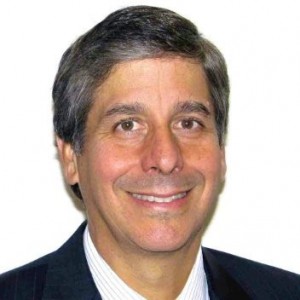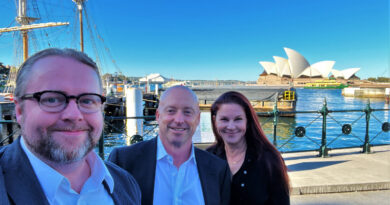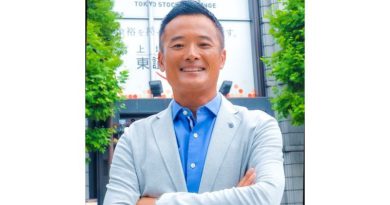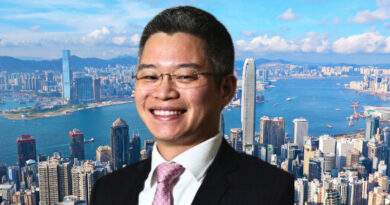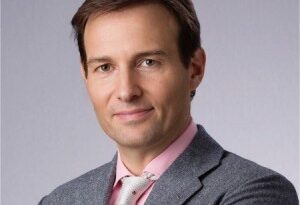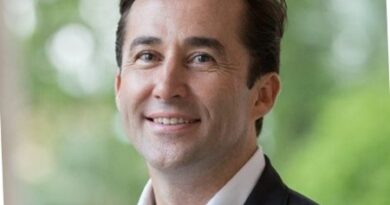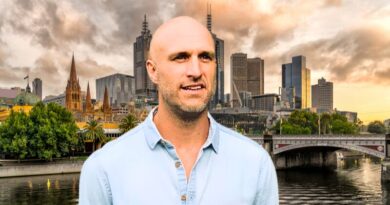Jim Singh “Be prepared for everything to take twice as long”
Jim Singh has over 30 years’ global experience in finance and investment management, including 20+ years in Asia Pacific. As one of the founding members of BFAM Partners, Jim served as the firm’s COO until he retired from the firm in December 2019. He currently serves on the Hong Kong Executive Committee of AIMA (The Alternative Investment Management Association). He also serves on the Board of the 1020 Multistrategy Funds, a recent Hong Kong-based start-up. Prior to BFAM, Jim was the COO of its predecessor group, Nomura Principal Investments Asia. Jim has also held senior roles at Gottex Fund Management, Lehman Brothers and UBS in Hong Kong, Tokyo and London. Hedge Funds Club’s Stefan Nilsson had a chat with Jim about hedge fund launches and operations, corporate governance, fintech and education.
One big problem I still see in the Asian hedge fund industry is when talented PMs spin out from big finance houses to set up on their own and they drown because they weren’t prepared for being in charge of the business as well as portfolio management. You were the founding COO of what quickly became a major Asian hedge fund when the team spun out from a big finance house in 2012. At the time of the spinout, were you and your colleagues overwhelmed with suddenly having to run the whole business yourselves?
Yes and no. Benjamin Fuchs, founder and CIO of BFAM Partners, had set up the original Global Opportunities Group inside of Lehman Brothers Tokyo as a principal trading team in 2007. After Lehman failed, the team moved into Nomura and traded as a separate entity, Nomura Principal Investments Asia, under the Nomura Asia Holdings umbrella. So, we were well prepared for managing most aspects of the business independently, under the Nomura policy framework, and we carried all of these policies and practices with us into the new company. But I must say that after the spin-out there were times when we would look at ourselves, and come to the cold realisation that, “if we don’t do this – whatever business or policy matter – no matter how small, it simply won’t get done.” i.e. you must roll up your sleeves and get seriously busy on all aspects of the business.
How do you think that prospective hedge fund managers can better prepare for setting up their own businesses?
Be prepared to get your fingers dirty in every aspect of the business. Think about how things should work when you are a mature $1bn hedge fund, and prepare those things today, or a path to get there, when you are raising “friends and family” capital. It is hard to change from a “just OK” business practice to a “global best practice” if you have not focused on best practice from the beginning, and importantly the top global investors will be and should be naturally sceptical. But, if you can articulate a detailed “best practices” roadmap from the beginning, even if all of the pieces are not in place, you can gain investor confidence and you will have a strong business. Secondly, give yourselves time. Before you start you probably have a great business plan which shows you moving through several different capital raising phases until you hit “critical mass” in 12-18 months. Build an aggressive business plan, but be prepared for everything to take twice as long, particularly given Covid travel disruptions. Use small failures and setbacks as learning opportunities to strengthen your business to make it more attractive to institutional investors.
In your hedge fund career, you have held several posts where you have combined being in charge of business development/IR and something else, such as operations, risk management and investments. Is it possible to properly combine such roles in today’s hedge fund industry? Or do they nowadays demand strict separation?
The founding COO should know every aspect of the business in great detail, but also have a plan to fill in gaps with competent hires early in the game. In the beginning, most of your players will need to “multi-task” to get things done. As the business matures make sure you are properly specialised in the various roles, so that the people in each role not only are highly competent in their speciality but that they also have a passion for excellence in their role. This business is very hard, and without a passion for what they are doing most people will find it hard to keep up the required level of intensity.
Recently, you seem to focus a lot on corporate governance and fintech. As a seasoned industry veteran, what has made you take a particular interest in these two areas?
Unfortunately, the financial markets continue to offer frequent examples of poor corporate governance leading to corporate or personal downfall. Leading institutional investors and regulators rightfully expect good governance from the stewards of capital. With respect to fintech, disruption is a natural progression for financial markets. In APAC, most fintech has been focused on the personal finance space – is there anyone you know who is happy with their large bank’s web portal, service offering, or personal banking app? I believe that institutional markets, particularly in APAC, are ripe for disruption, particularly in those markets that rely on OTC methods for price discovery, think credit markets, derivatives, etc. And when you move beyond the initial trade, think of all of the people and capital supporting the various systems of global settlement and custody. There will be various waves of disruption coming in these fields as market participants move toward immutable, distributed ledgers (blockchain technologies).
Let’s talk about education. You have recently completed shorter courses at INSEAD and the University of Oxford. In recent years, you have also taught on the Henley Executive Hedge Fund program. Is lifelong learning where professionals will constantly “update and upgrade” their skills throughout their careers through specialised courses the new normal?
Yes, for me, it’s “normal”. The Henley program was lots of fun because it was a way to share some of my hard-learned lessons of experience with younger talent who might consider working in, or starting, a hedge fund at some point. And I’ve been very fortunate in my career to work with a lot of very smart and talented people from whom I could learn, and who challenged me to think differently or to improve myself. The INSEAD and Oxford Saïd school programs gave me a similar opportunity to learn new things from some outstanding individuals, while at the same time putting an academic framework around the knowledge I’d gained through hard experience, or simply beliefs I held as business intuition. It was time well spent.

